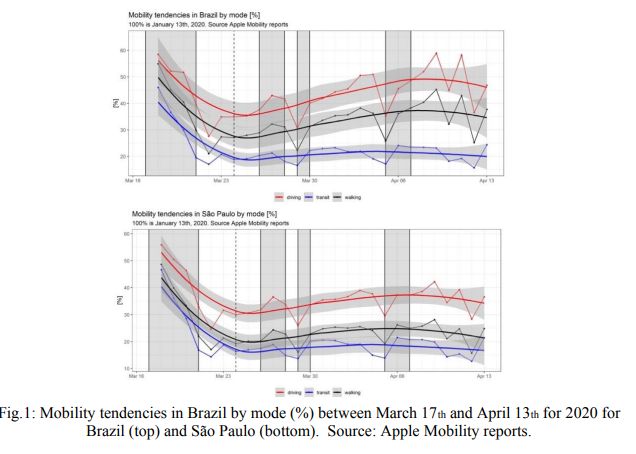😷 São Paulo: COVID-19, Mobility, and Environmental Factors

https://doi.org/10.1016/j.envres.2021.112369
This research article investigates the relationship between COVID-19 cases and deaths, population mobility, and environmental factors like air pollution and meteorology in São Paulo, Brazil.
The study uses statistical models to quantify how changes in residential mobility and exposure to pollutants such as PM2.5 and ozone are associated with fluctuations in COVID-19 infections and fatalities. Findings indicate that reduced mobility correlates with fewer cases and deaths, and increases in air pollution are linked to a higher risk of both.
The authors suggest that mobility indices can be valuable tools for policymakers in managing social distancing measures, and that even small increases in air pollution pose a risk to public health during the pandemic.
Audio and summary provided by notebookLM.